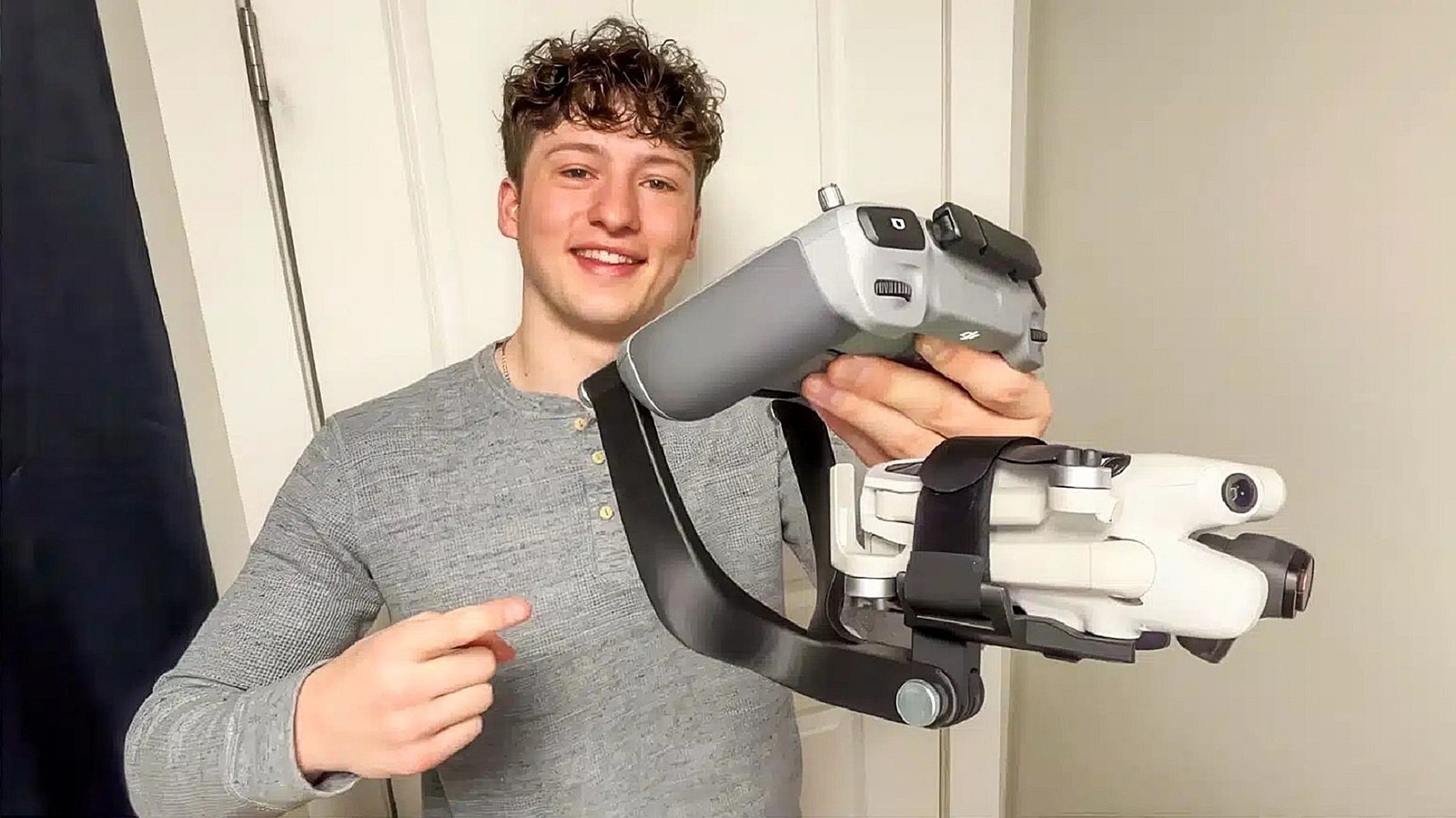The Allen Institute in Seattle has released the Brain Knowledge Platform, a research aid described as the most comprehensive artificial intelligence tool available for neuroscience.
The project aims to unify brain information from dozens of collaborators, species (such as humans, other primates and mice), and samples that span early development to old age, encompassing diverse data including cell types and disease indicators.
Using AI, this data has been translated into a shared scientific language or format, allowing for “apples-to-apples” comparisons across institutions and organisms to create a much larger dataset for new insights.
“Understanding the brain is not a single institute’s effort,” said Shoaib Mufti, the Allen Institute’s head of data and technology. “So you have to bring the community together in order to understand it.”
There’s an urgent need to better prevent, diagnose and treat neurological conditions. The number of people worldwide living with or dying from conditions like stroke, Alzheimer’s disease and other dementias, and meningitis has increased significantly over recent decades, according to the Institute for Health Metrics and Evaluation.
In 2021, an estimated 3.4 billion people experienced a nervous system condition, which also includes brain injuries and migraines.
To create the Brain Knowledge Platform, the Allen Institute recruited participants to voluntarily share their data. Contributors include the Allen Institute for Brain Science, the Michael J. Fox Foundation for Parkinson’s Research, teams at the University of Washington and Harvard University, the Seattle Alzheimer’s Disease Brain Cell Atlas, or SEA-AD, and others.
Amazon Web Services engineered the tool’s core computing infrastructure while Google developed AI models for the neuroscience. Funding came from the Allen Institute as well as the National Institutes of Health’s Brain Research Through Advancing Innovative Neurotechnologies Initiative, or BRAIN Initiative.
Mufti said the resource is designed to be a “discovery platform,” not a traditional research tool where a scientist has a clear idea of what they are looking for. “How you can get to the ‘aha moments’ so you find something unexpected?” he asked.
Using the platform, scientists will be able to look across diseases. Studying the differences and similarities between people diagnosed with Alzheimer’s or Parkinson’s, for example, was previously laborious to make the data comparable.
With the Brain Knowledge Platform, “you can literally line those up side by side in the tool,” said Tyler Mollenkopf, associate director of data and technology at the Allen Institute.
While much of the data comes from research animals, information gathered from human brains — including 84 postmortem donors — is also available, stripped from identifying details.
The resource is offered to scientists for free. The team hopes more organizations contribute data and they’re devising a mechanism to provide attribution to credit researchers for their information, which could encourage sharing.
Given the massive societal impact of brain diseases “a real breakthrough is needed” to better understand them, said Mufti. “Let’s bring all the information together and make it discoverable. I’m hoping that [we] can really move the ball forward in a single community.”











